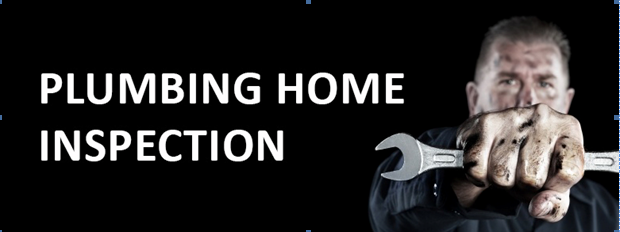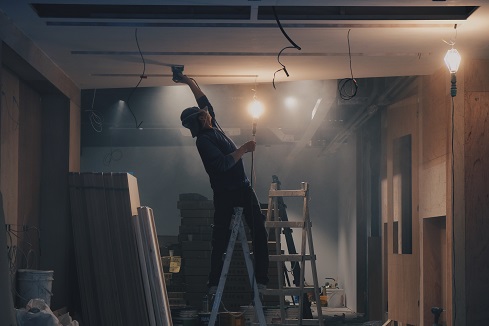Going down the self-build route is becoming more popular than ever, it gives the aspiring home-owner a blank canvas to work with and we can all see why that is appealing. It can also save you some money, however, it is not without its challenges and issues. One thing is to be sure you are building in a way that is sustainable for the long-term, otherwise, you could be sinking a rather large investment into a project that won’t pay off in the long term.
Choosing The Right Builder
The first thing to get right in any building project is to hire the right building team and this may include a range of people, from the architect, project manager, builders and specialist trade contractors such as electricians and plumbers. It’s key to get people with a proven track record, always ask for references and examples of completed work, if they are reluctant to give this then it should be a pretty glaring red flag to warn you off.
Make Sure The Plot Is Futureproof
The plot itself should be suitable for the long-term. By this there are various things to consider, like what is the quality of the ground, this should be surveyed by a qualified professional geological engineer ideally, the last thing you want is the new house subsiding after a few years. These days you will also want to be wary of coastal plots, with the potential dangers of rising sea-levels due to global warming you could be left with a plot that is underwater in a few decades if you choose the wrong place.
Check The Building Is Safe & Complies With Regulations
This one can vary from place to place so it’s important to get these right for your plot, if you are inexperienced at all then you should hire a property lawyer. In addition to the regulations that are legal necessities you can also get many other certifications that can help lower your insurance etc and are good to have such as ones for wind mitigation as a good example.
Consider Environmentally Friendly Construction
There are so many ways these days that construction can be more environmentally friendly. Simple things such as good insulation help against high energy bills and extra heat loss which is bad for the environment. Also, you can build in solar panels easily to any new construction these days, this again saves you money and is also good for the environment. There is also a whole load of environmentally friendly construction materials available these days as well.
Buy With Future Sell-On In Mind
As well as the building itself and the construction methods and materials you need to carefully consider how likely you are to recoup your costs or even make a profit if and when you decide to sell it on. What is the likely outlook over the next decade or two of the neighborhood that you are building in? Is it established and a safe bet or is it up and coming and maybe more of a speculative investment which is fine if you’re willing to go into it with your eyes completely open to the fact.








